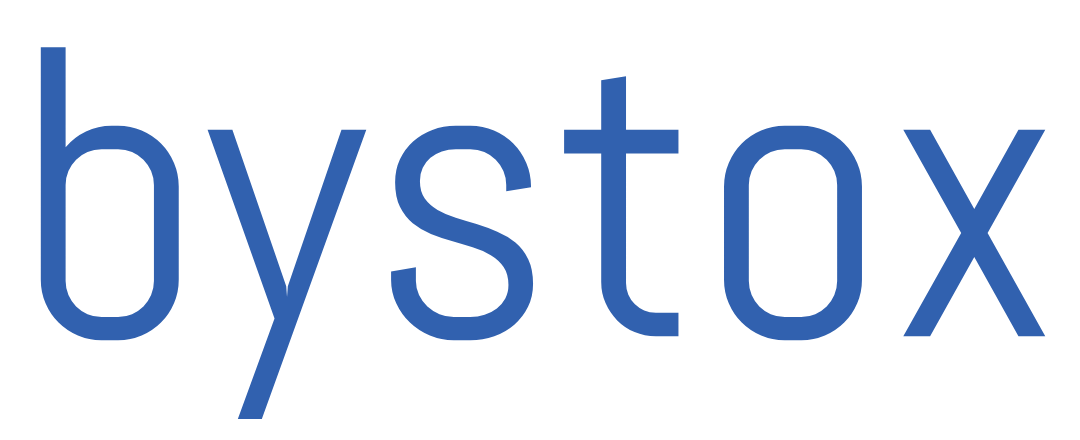Today marks a significant milestone in the financial markets as stock exchanges introduce the beta version of same-day transaction settlement, known as T+0, for a limited selection of cash segment stocks, commencing on Thursday, March 28.
This move towards T+0 settlement comes alongside the ongoing T+1 settlement cycle, showcasing the market’s gradual shift towards adopting same-day transaction settlement within a year, post the full implementation of the T+1 cycle.
Under the existing T+1 system, sellers typically receive 80% of their cash proceeds on the sale day, with the remaining 20% being deferred until the following day. However, the introduction of the T+0 settlement mechanism ensures sellers gain instant access to 100% of their transaction proceeds on the very day of the transaction.
The T+0 settlement cycle unfolds in two distinct phases, each designed to ensure seamless transaction processing:
- Phase 1: Transactions executed until 1:30 pm will be included for settlement, which must be completed by 4:30 pm. This initial phase allows for early processing and ensures timely settlement for morning trades.
- Phase 2: Trading activities will resume at 1:30 pm and continue until 3:30 pm. During this stage, Phase 1 operations will be concluded, ensuring a smooth transition in trading operations.
The introduction of T+0 settlement promises to revolutionize transaction processing in the financial markets, offering investors greater liquidity, reduced settlement risks, and enhanced efficiency in trading operations. As the market adapts to this new settlement system, stakeholders anticipate increased market participation and improved investor confidence in the overall trading ecosystem.
As the financial markets embrace the T+0 settlement system, ushering in a new era of transaction processing, market dynamics are poised for a significant transformation. Subject to recalibration after every 50 basis point change, a price band of -100 basis points from the standard T+1 market price will be implemented, ensuring flexibility and adaptability in pricing mechanisms.
Prashanth Tapse, Research Analyst and Senior VP Research at Mehta Equities, lauds the introduction of T+0 settlement, highlighting its immense potential to benefit traders and investors navigating through volatile market conditions. With immediate liquidity at their disposal, market participants can swiftly capitalize on emerging opportunities and respond effectively to rapidly evolving market trends.
Tapse emphasizes the profound impact of T+0 settlement on retail investors, particularly those with limited cash resources. By shortening the settlement cycle, T+0 enables optimal fund utilization, empowering small investors to maximize returns in real-time. This revolutionary shift in the trading landscape promises to democratize market access and empower retail traders with enhanced agility and efficiency in their investment strategies.
In a landmark move, the Securities and Exchange Board of India (SEBI) has unveiled a framework to introduce the beta version of the T+0 trade settlement cycle on an optional basis. This initiative marks a significant step towards enhancing efficiency and liquidity in the Indian capital markets.
Under the new framework, exchanges will implement a shortened trading cycle for a selected group of 25 scrips and a limited set of brokers. These initial steps aim to assess the feasibility and impact of the T+0 settlement cycle. SEBI will closely monitor the outcomes over a period of three to six months before determining further actions.
Commencing today, the National Stock Exchange (NSE) will initiate T+0 settlement for 25 prominent stocks, including industry giants like State Bank of India (SBI), MRF, Hindalco, and Vedanta. Notable additions to the list comprise Ambuja Cements, Ashok Leyland, Bajaj Auto, and Bharat Petroleum Corporation Ltd (BPCL), among others. This move is expected to streamline trading processes and facilitate prompt settlement for market participants.
Similarly, the Bombay Stock Exchange (BSE) will adopt T+0 settlement for 25 designated stocks, featuring companies such as Ambuja Cements, Bajaj Auto, BPCL, Cipla, and SBI. This initiative underscores the commitment of Indian stock exchanges to embrace innovative measures aimed at fostering market efficiency and investor convenience.
The introduction of the T+0 settlement cycle heralds a new era of agility and responsiveness in the Indian capital markets, empowering investors with enhanced flexibility and speed in executing trades. As market participants navigate through evolving market dynamics, the T+0 settlement cycle is poised to play a pivotal role in shaping the future of trading in India.
In addition to the initial 25 scrips announced for the T+0 settlement cycle, a comprehensive list of eligible stocks has been disclosed, encompassing a diverse range of prominent companies. Among these are LIC Housing Finance, JSW Steel, Indian Hotels, Ashok Leyland, and Bajaj Auto, reflecting the broad spectrum of sectors represented in the market.
The inclusion of banking majors like Bank of Baroda and State Bank of India, along with energy giants such as Bharat Petroleum Corporation Ltd and Oil and Natural Gas Corporation, further underscores the significance of this initiative in enhancing liquidity and efficiency across various sectors.
Prashanth Tapse, Research Analyst and Sr VP Research at Mehta Equities, emphasized the transformative impact of the T+0 settlement cycle on retail investors. By significantly reducing risk exposure and enabling same-day access to funds and securities, the new system aims to bolster investor confidence and streamline the trading process.
While acknowledging potential technical challenges in the initial stages, Tapse reiterated the long-term benefits for investors of all categories. SEBI’s proactive approach towards enhancing market transparency and efficiency is poised to create a more robust and investor-friendly trading environment, ultimately benefiting all stakeholders involved.
Disclaimer: The information provided by Bystox regarding stock market activity is intended for informational purposes only and should not be interpreted as investment advice. Readers are strongly advised to seek guidance from a qualified financial advisor prior to making any investment decisions.

